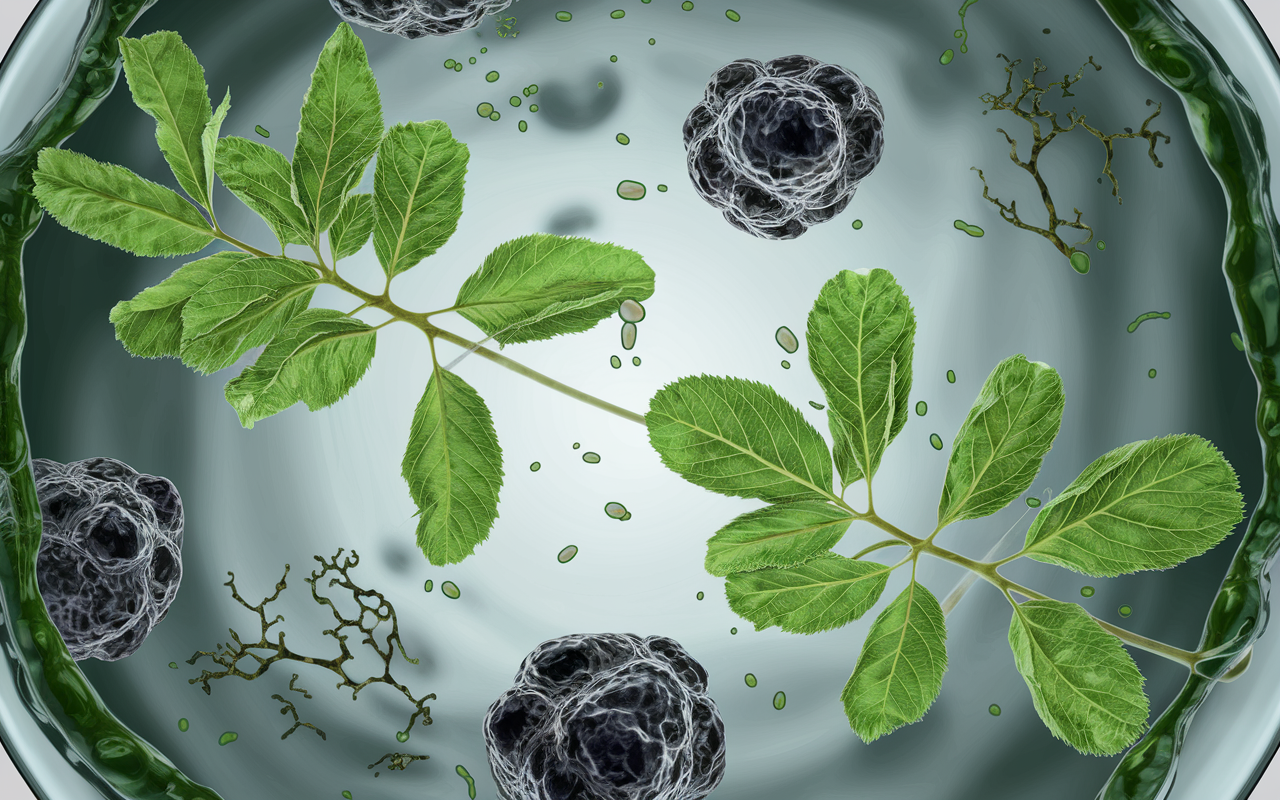Hello BioPharma Enthusiasts!
Welcome to another edition of BioPharmaPulse! This issue is brimming with groundbreaking innovations that are shaping the future of biopharmaceuticals.
What's in this issue:
- 🧪 Discover the latest breakthrough in universal cancer vaccines
- 💊 Learn about Pfizer's new licensing agreement bolstering cancer innovation
- 🌿 Uncover the potential of stevia leaf extract in cancer treatment
- 🔬 Explore a novel chemical tool accelerating drug development
- 🐝 Find out how bee venom could ease ulcerative colitis symptoms
Quote of the Day
"The science of today is the technology of tomorrow." - Edward Teller
Latest Developments
🧪 Surprising finding could pave way for universal cancer vaccine (2 minute read)

Rundown: Researchers at the University of Florida have developed an experimental mRNA vaccine that enhances the tumor-fighting effects of immunotherapy in mouse models. Published in Nature Biomedical Engineering, the study shows that pairing the vaccine with immune checkpoint inhibitors triggers a strong antitumor response. This breakthrough brings scientists closer to creating a universal vaccine that can awaken the immune system to combat cancer.
Keypoints
- 🐭 The vaccine boosted immunotherapy efficacy in mouse models
- 🧬 Utilizes mRNA technology similar to COVID-19 vaccines
- 🎯 Aims to "wake up" the immune system against various cancers
- 📈 Significant antitumor response observed in combination therapy
Why it matters: This innovative approach could revolutionize cancer treatment by providing a universal vaccine that enhances the body's natural defenses against tumors. It opens new avenues for combination therapies, potentially improving outcomes for patients across a range of cancer types.
💊 Pfizer completes licensing agreement with 3SBio (2 minute read)

Rundown: Pfizer has finalized a global licensing agreement with China's 3SBio, granting exclusive rights to develop, manufacture, and commercialize SSGJ-707—a bispecific antibody targeting PD-1 and VEGF. This strategic move strengthens Pfizer's oncology pipeline and positions the company at the forefront of cancer innovation.
Keypoints
- 🤝 Pfizer gains rights to SSGJ-707 (excluding China)
- 🏹 SSGJ-707 targets both PD-1 and VEGF pathways
- 🌐 Expands Pfizer's global oncology reach
- 🧪 Leverages 3SBio's proprietary CLF2 platform
Why it matters: This agreement enhances Pfizer's ability to provide cutting-edge cancer therapies by combining two critical targets in oncology. It signifies a growing trend of global collaboration in the biopharma industry to accelerate the development of innovative treatments.
🌿 Stevia leaf extract has potential as anticancer treatment (2 minute read)

Rundown: Beyond its role as a natural sweetener, stevia has shown promise in anticancer research. Scientists at Hiroshima University discovered that when fermented with bacteria from banana leaves, stevia extract effectively kills pancreatic cancer cells without harming healthy kidney cells. Their findings were published in the International Journal of Molecular Sciences.
Keypoints
- 🍃 Stevia extract exhibits anticancer properties
- 🧫 Fermentation with banana leaf bacteria is key
- 🔬 Targets pancreatic cancer cells specifically
- ✅ Does not affect healthy kidney cells
Why it matters: This study opens the door to developing new, natural anticancer agents from commonly used plants. It highlights the potential of stevia extract in creating safer, targeted therapies for pancreatic cancer, one of the most aggressive and difficult-to-treat cancers.
Question of the Day
🤔 What excites you most about recent biopharma innovations?
Trending
🔬 New chemical tool may improve development of key drug components
- Chemists have devised a novel method using metal carbenes to generate valuable chemical building blocks essential for drug synthesis and materials development.
🐝 Taking the sting out of ulcerative colitis
- Research is exploring how components from bee venom could alleviate symptoms of ulcerative colitis, offering hope for millions affected by this incurable disease.
Industry Insight
🧬 Demystifying Bispecific Antibodies
Bispecific antibodies are engineered proteins capable of binding to two different antigens simultaneously. This dual-targeting approach allows for more precise intervention in disease pathways, particularly in cancer treatment.
By engaging both PD-1 and VEGF targets, bispecific antibodies like SSGJ-707 can enhance immune responses against tumors while disrupting blood vessel formation that feeds cancer cells. Understanding this technology is crucial as it represents the next frontier in antibody therapeutics.
Quick Hits
🔬 New chemical tool may improve development of key drug components (2 minute read)
- Chemists have created a novel technique using metal carbenes to produce highly useful chemical building blocks, potentially accelerating drug development processes.
🐝 Taking the sting out of ulcerative colitis (2 minute read)
- Innovative research is investigating how bee venom components might offer relief for ulcerative colitis patients, a disease that currently has no cure.
Wrap Up
Thank you for joining us on this journey through the latest in biopharmaceutical innovation. At BioPharmaPulse, we're dedicated to keeping you informed about breakthroughs that are shaping the future of medicine. If you found this edition insightful, please share it with colleagues and friends who share our passion for science and innovation.
Warm regards,
Elliot Reeves | BioPharmaPulse
😊 How did you like today's email?
- 😍 Loved it
- 🙂 It was OK
- 😕 Could be better
